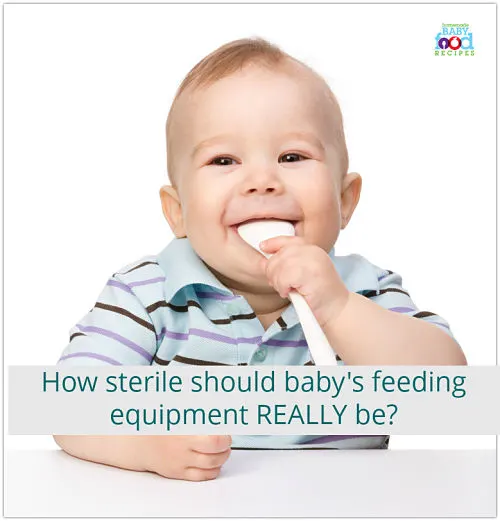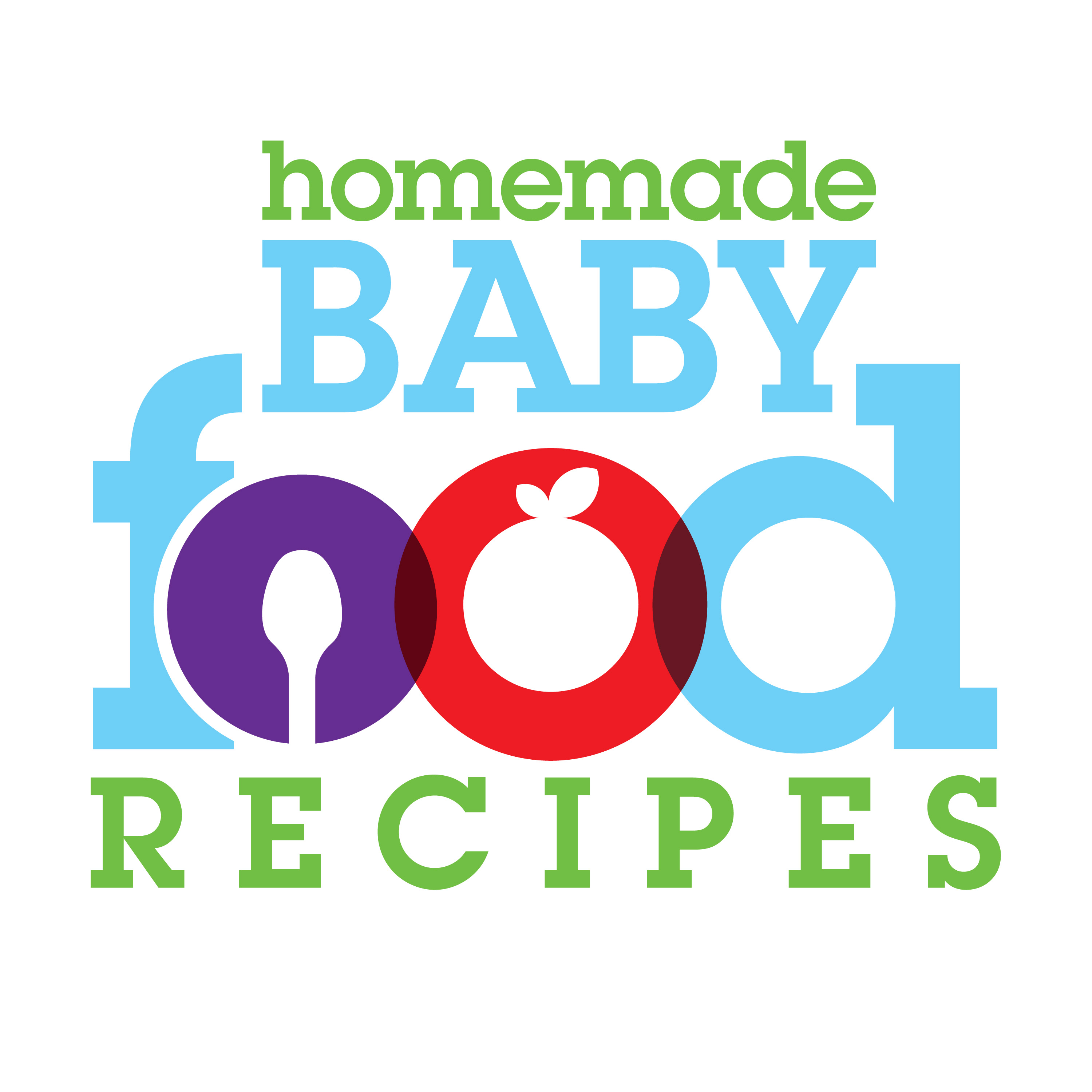Back when our first child was born, I’ll admit we were a little obsessed with cleanliness and would sterilize everything that came into contact with our baby’s mouth. Until one day, that is – when we watched our crawling child picking up toys from the floor, giving them a good old chew, then dropping them back on the floor again.
If she were regularly mouthing items that had been all over the floor, then was scrupulously sterilizing her spoons and feeding bowls really that important?

By the time we got to our fifth child, we were far more relaxed about our little ones coming into contact with dirt! So it was with great interest we read how Doctor Joel V. Weinstock of Tufts Medical Center believes that – far from being harmful – contact with dirt is actually GOOD for a child!
“Children should be allowed to go barefoot in the dirt, play in the dirt and not have to wash their hands when they come in to eat”
he said. He also recommended that children regularly come into contact with dogs and cats.
The reasoning behind this is that – by ‘protecting’ our children from germs – we are actually preventing them from developing a healthy immune system and thereby making them MORE vulnerable to disorders like asthma… and also to allergies.
“Children raised in an ultraclean environment,” said Dr Weinstock “are not being exposed to organisms that help them develop appropriate immune regulatory circuits.”
You can read the article “Babies Know: A Little Dirt Is Good For You” (originally published in 2009) here in the New York Times
This isn’t the first time that a medical expert has extolled the benefits of a little dirt – and it makes perfect sense to us, as we absolutely believe that the human body is very well equipped to deal with many forms of bacteria if allowed to do so. Of course, we’re not suggesting that everyone should ignore the rules of basic hygiene – and it’s particularly important to take care when preparing baby’s food in order to avoid infection by food borne bacteria.
But our personal view is that – unless baby is particularly vulnerable to germs or infection due to an existing illness – sterilizing feeding bowls, spoons and cookware used for baby food is unnecessary. After all, most babies are already mouthing a range of not-so-sterile objects by the time they’re ready to start solids.
And what about letting your baby eat food that has dropped on the floor?
Generally, if the food is dry and hasn’t picked up fibres from the floor covering, visible pieces of dirt or hair (yuck!), then it really isn’t going to do your baby any harm to eat something he’s dropped on the floor at home. However, if the food is ‘wet’ or has fallen on to a damp area, then it’s safest to throw it away, because potentially harmful bacteria thrive in damp conditions.
If you’re away from home, of course, then you might want to use your discretion about whether or not to allow your baby to eat something he’s dropped! And whilst food dropped on the grass at home is probably fine to eat, the same can’t be said for public areas like parks, because there is a risk that an animal may have defecated or urinated in that area (also a risk if you have a pet at home).
So what’s YOUR opinion about letting your baby get a little dirty?
Do you think that a little dirt is a good thing, or do you prefer to ensure that everything your baby comes into contact with is ‘squeaky clean’? Do you let your baby eat food he’s dropped, or do you always throw it away?
We’d love to hear your comments!

Sonia Strobel
Wednesday 11th of October 2017
I agree entirely with Dr. Weinstock. I really enjoyed the article in the NY Times on the subject. Sure, we wash toys, spoons, dishes, etc in warm soapy water when soiled, but not every single time a toy touches the floor. And our 9 month old son has been "kissed" by dogs & has petted kitty cats. But he's almost never been sick -- only 1 very mild cold in his life so far, & no tummy troubles.